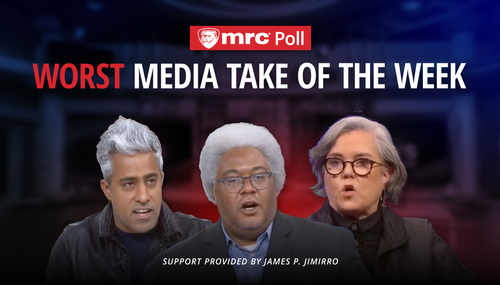Former Watergate prosecutor Nick Akerman appeared on MSNBC Live with Katy Tur to discuss the status of the President’s proposed immigration halt. Akerman, a respected legal mind, seemed to apply to the Supreme Court the bizarre charge of viewing cases as blank slates upon which history’s great injustices might be somehow repatriated, rather than the blind arbiter of constitutionality it was designed to be:
“My reaction is this is going to go to the Supreme Court and they're going to throw it out on one of two grounds...there has got to be a real desire on the part of the Supreme Court, to do something about that old Korematsu suit, that decision that basically upheld the Japanese internment. I mean that is probably one of the three worst Supreme Court cases of all time, and I think, there-- history is sort of on the side of deciding a case that kind of does away with that and makes a very clear distinction that it is unconstitutional to discriminate on the basis of religion and race.
Korematsu v. US was a 1944 suit that rose all the way to the Supreme Court in which a Japanese-American citizen refused to comply with federal internment statutes. The decision ruled in favor of progressive icon Franklin Delano Roosevelt’s proposal to intern the Japanese-Americans in concentration camps, with 6 of 8 Roosevelt appointees siding with the majority (the lone Republican appointee, Justice Owen Roberts, dissented from the Court’s ruling).
It is not, of course, the Supreme Court’s duty to usurp constitutional jurisprudence in present cases in some sort of attempt to right the wrongs of hateful acts of past Democrat administrations. Trump’s order is either constitutional or it isn’t, and the inexcusable internment of Japanese-Americans by Franklin Roosevelt neither abets nor condemns such arbitration. The rule of law is not a proxy for retroactive reparations to aggrieved parties.




